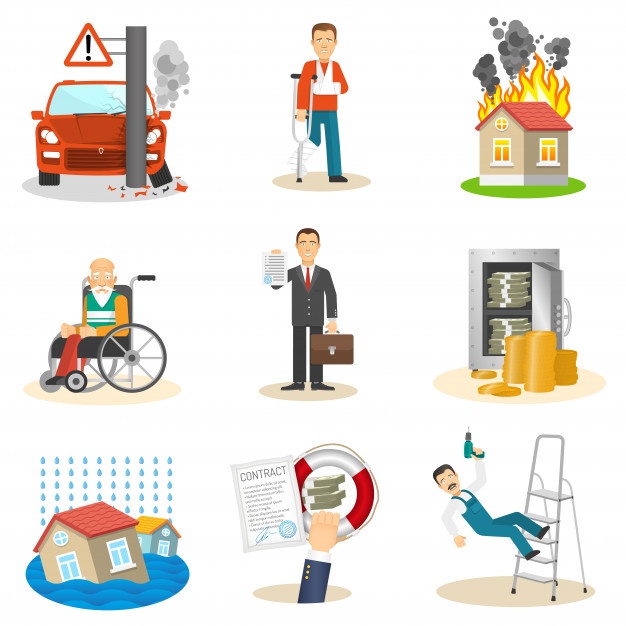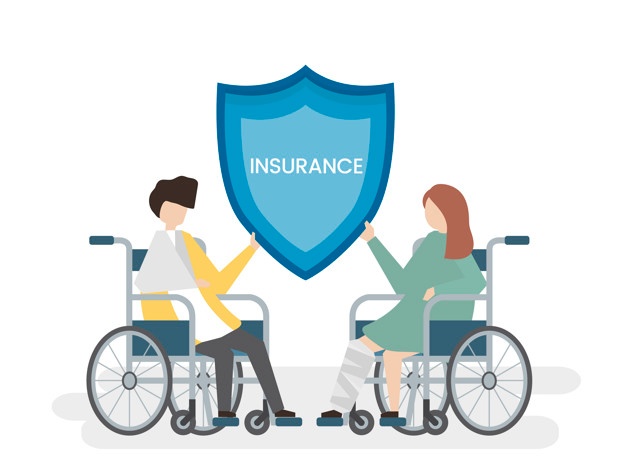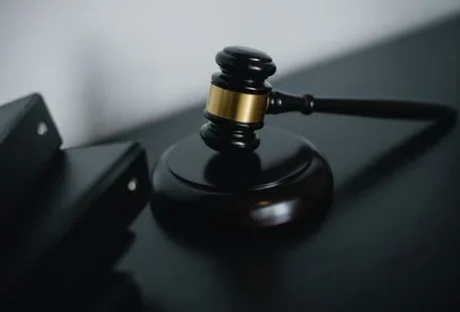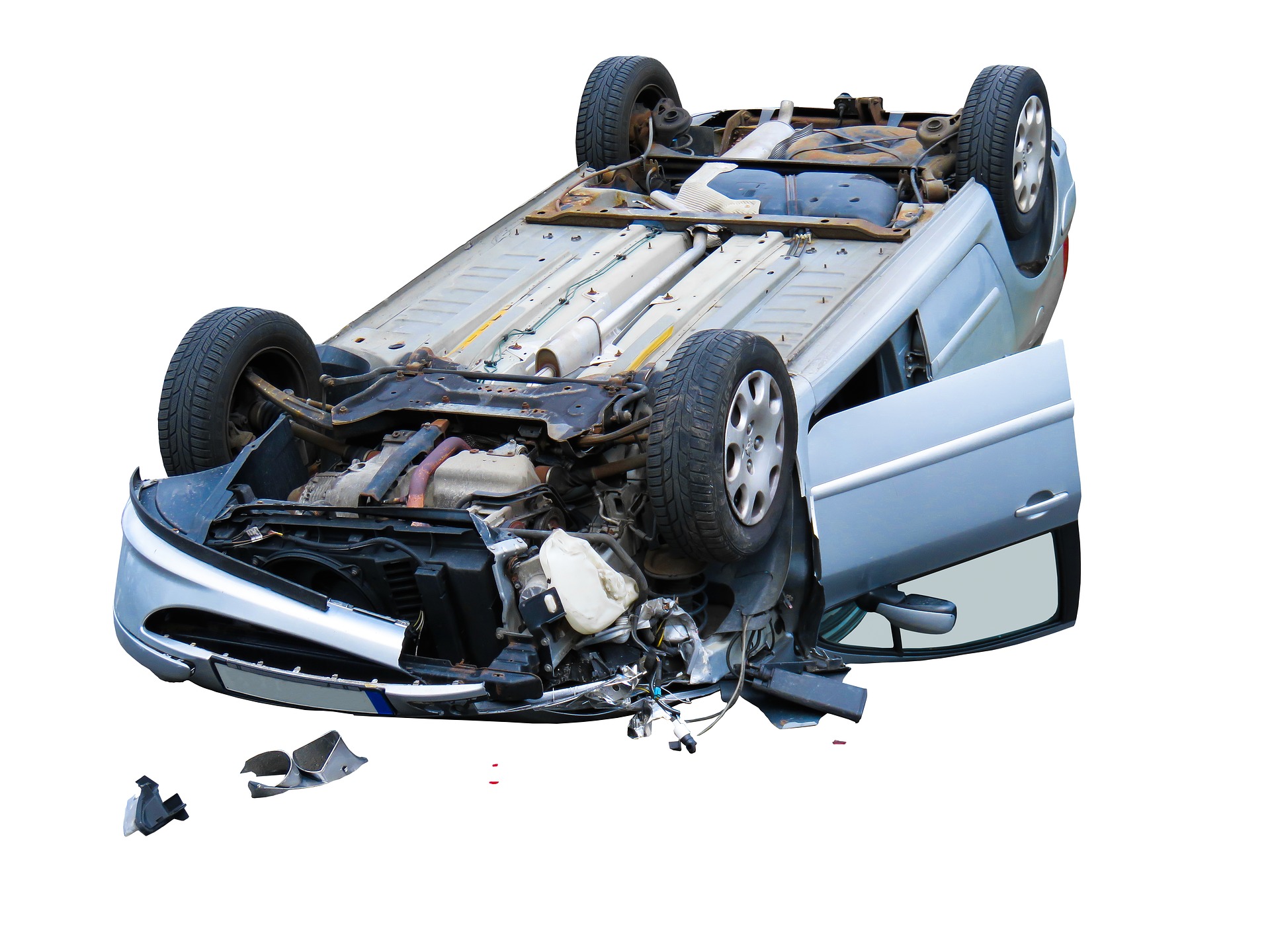If you suffer an injury or are diagnosed with a physical or mental illness that will prevent you from working, knowing what supports are available and which ones you are and aren’t entitled to can be confusing and stressful. Even if you or your employer have purchased an insurance plan that includes long-term disability coverage, filing a claim and receiving benefits is often easier said than done.
An LTD lawyer is one of the first people you should speak to if you are disabled by chronic conditions, injuries, or illnesses. They know the publicly available programs and can point you in the right direction. But the real value they provide is by helping you receive the long-term disability benefits you are entitled to that insurance companies often deny unrepresented claimants.
If you’ve never filed a claim before and are new to the world of injury benefits, here is some basic information you need to know:
What is Long-Term Disability Insurance?
Long-term disability insurance is coverage that can provide you with a portion of your income when you’re suffering from an illness or injury severe enough that you are unable to work for an extended period of time. These payments can help you cover your living and medical expenses.
Some policies are meant to top up disability benefits available through public programs, such as Canada Pension Plan and the Ontario Disability Support Program. The insurance policy may require you to apply for these programs as well.
What Injuries and Illnesses Does LTD Insurance Cover?
Most long-term disability plans cover many severe illnesses and chronic conditions, but there may be a few that are excluded from your policy, so refer to it to ensure that your condition is covered. The policy will also tell you the eligibility requirements for LTD benefits.
Generally speaking, your illness or injury must be severe enough that it prevents you from performing a substantial portion of your job to qualify for coverage.
Examples of illnesses, injuries, and chronic conditions that long-term disability claims commonly cover include:
- Fibromyalgia
- Various types of arthritis
- Chronic fatigue syndrome
- Degenerative disc disease
- Bulging discs
- Adjustment disorder
- Major depressive disorder
- Anxiety disorders
- Crohn’s disease
- Diabetes
- Multiple sclerosis
- Cancer
It’s important to note that the injury or illness does not have to be job-related for you to qualify for LTD benefits.
How Long Does it Take To Start Receiving Benefits?
Many insurance policies require you to be off work for a certain amount of time before you are eligible to receive benefits. This is often called the “qualifying” or “elimination” period and can range anywhere from 90 to 180 days. The exact amount of time is stated in your policy.
To support yourself in the meantime, your insurance coverage may also include short-term disability benefits that you can access while you wait to be moved to the LTD plan.
If it does not, you can apply for Employment Insurance sickness benefits that provide qualifying individuals with up to 15 weeks of benefits at 55% of their salary up to a maximum of $638 per week.
How Much Does Someone Receive on LTD Benefits?
If you’ve purchased your own private insurance policy, the amount you would receive was likely predetermined and will be stated in the policy. If you are part of an employer-sponsored group plan, benefits can cover anywhere between 50 to 80% of the salary you were earning before the disability – subject to any policy maximums.
What do I do if My Claim is Denied?
The first thing to remember is not to panic or get discouraged. Insurance companies commonly deny claims. If you didn’t consult a disability lawyer before applying, now is the time to do so.
There are time limits to appeal the denial or file a lawsuit, so speak to a lawyer as quickly as possible. If you’re worried about how you will pay for a disability lawyer, many of them offer contingency fees. This means that if they don’t get you money from the insurance company, you don’t pay.
Read Also:
























